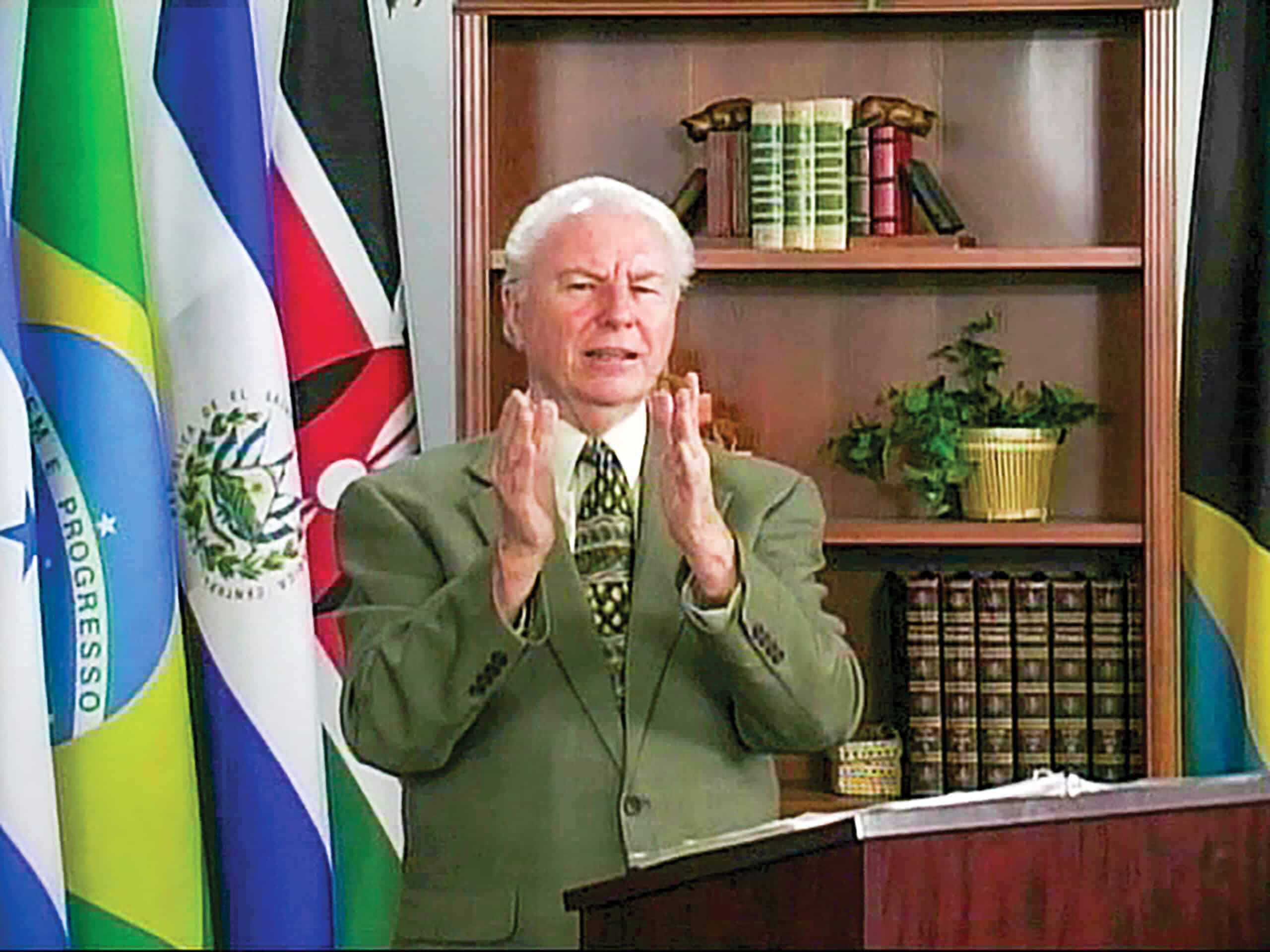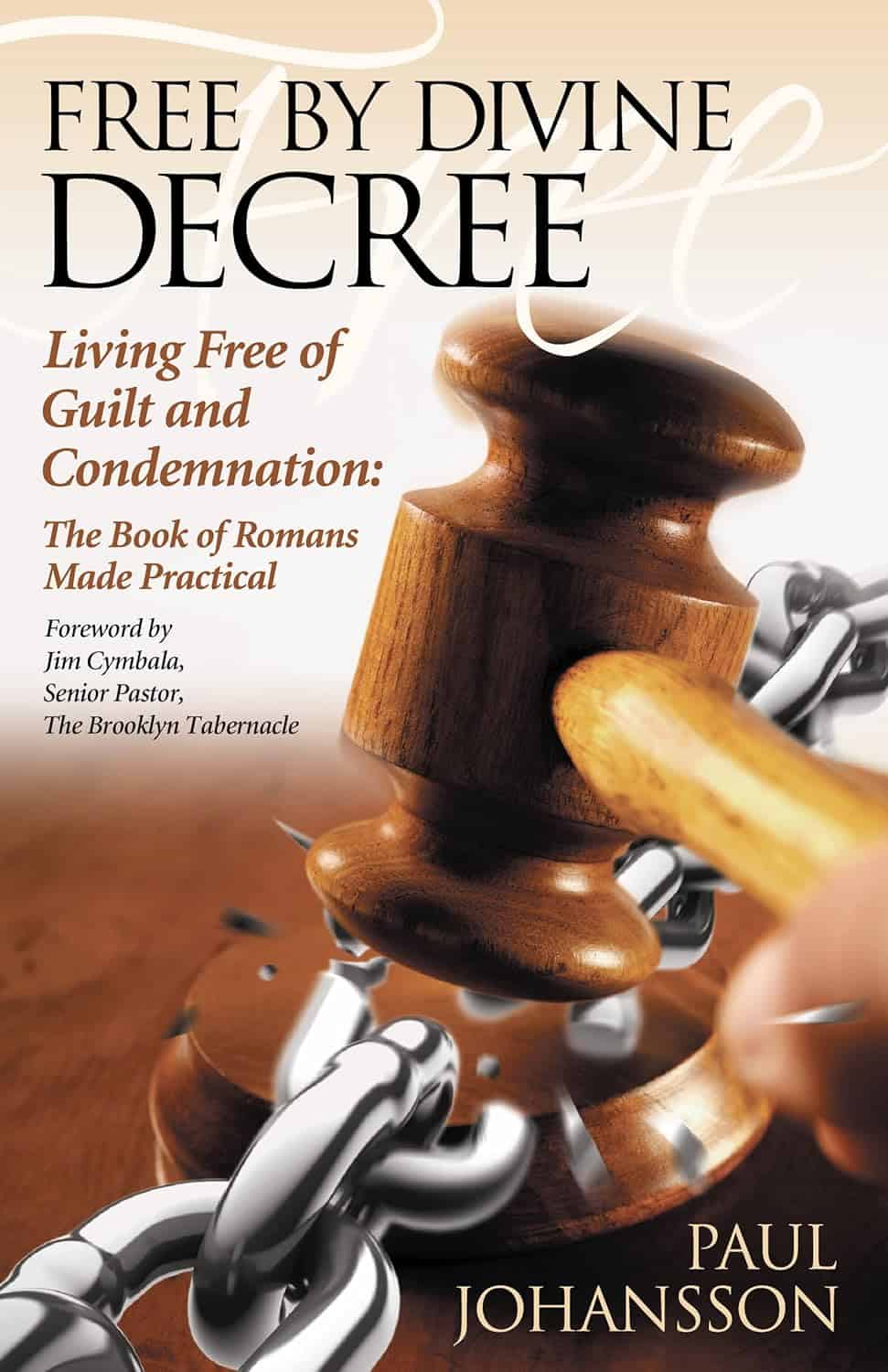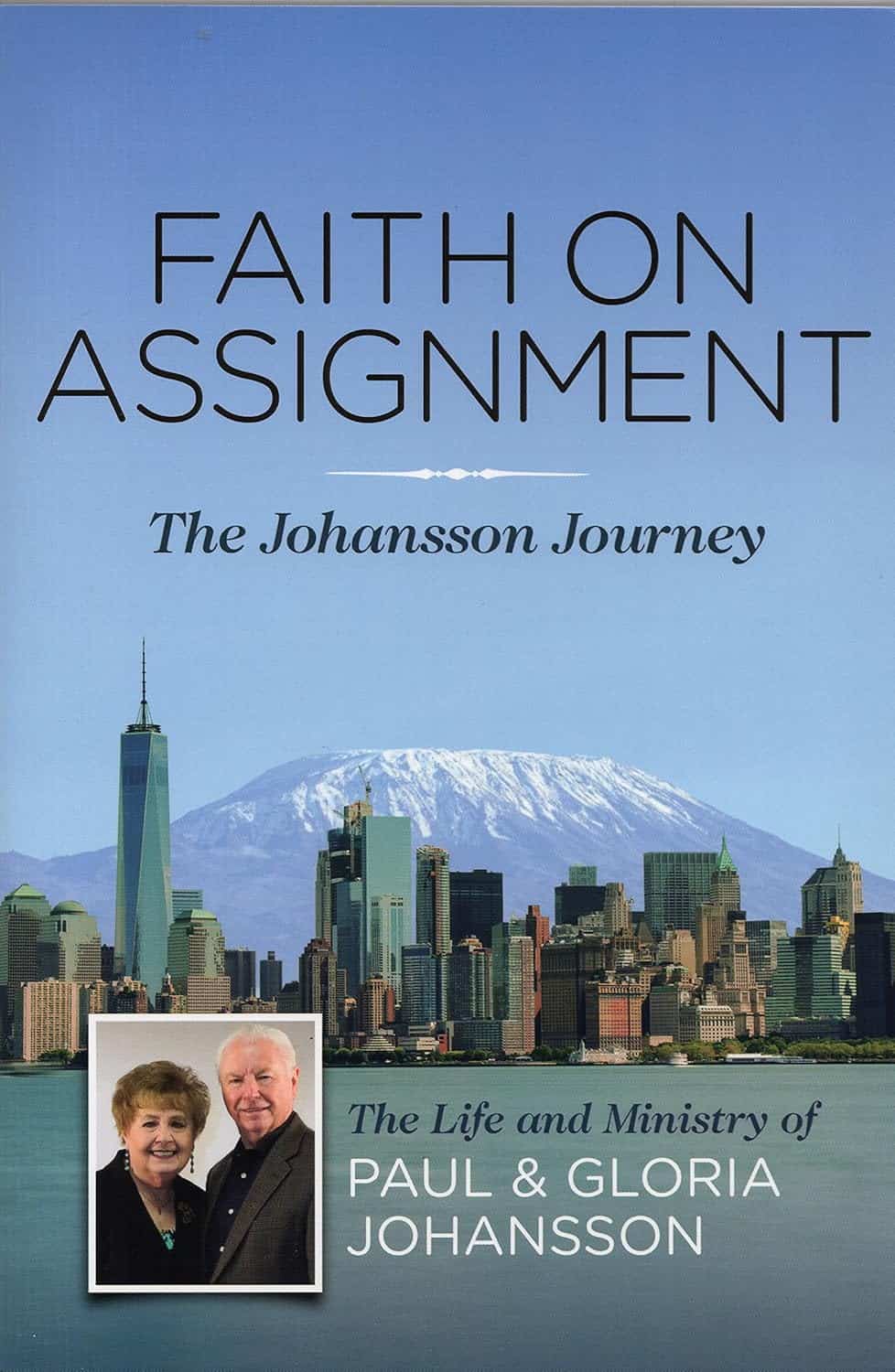
Course Overview
The book of Romans stands as one of the most powerful, transformative texts in the entire Bible. In this foundational course, students will journey through Paul’s letter to the Romans with clarity, depth, and practical insight. Each lesson unpacks the message of grace, righteousness, and spiritual identity in Christ, laying a biblical foundation for freedom and mature Christian living.
Course Description:
Free by Divine Decree is a 12-lesson course that explores the theological and personal implications of Paul’s letter to the Romans. Presented by Paul Johansson, this study offers a balanced blend of doctrinal insight and pastoral clarity, making it ideal for students, ministry leaders, and anyone seeking to understand their place in God’s redemptive plan.
The course walks through major themes of the book of Romans, including justification by faith, freedom from sin, the nature of the law, and the transformative power of grace. Johansson brings decades of ministry experience to each lesson, highlighting the relationship between biblical truth and everyday discipleship.
Whether you are studying Romans for the first time or revisiting it with fresh eyes, this course will deepen your understanding of the gospel and help you live more fully in the freedom Christ provides. With a clear and accessible approach, Free by Divine Decree equips students to grasp the message of the book of Romans and share it with confidence.
What You’ll Learn
Gain a deeper understanding of God’s redemptive plan and your identity in Christ through the book of Romans.
-
The biblical meaning of grace and justification by faith
-
The contrast between law and Spirit in Paul’s theology
-
What it means to be free from sin’s power and penalty
-
The role of Israel in redemptive history
-
Practical application of Romans to personal and ministry life
-
How to communicate the gospel with greater clarity and confidence
Who Should Take This Course:
This course is ideal for learners seeking a deeper understanding of Scripture and gospel-centered living.
-
Bible students and new believers wanting to explore Romans
-
Ministry leaders and pastors looking to sharpen their teaching
-
Small group leaders preparing to guide others through Romans
-
Anyone seeking to understand grace, freedom, and Christian identity
-
Those called to teach or disciple others from a biblical foundation
Sessions
1. Introduction and Overview
This opening session frames the book of Romans as Paul’s most comprehensive theological work. Students are introduced to the historical and cultural backdrop of the Roman church, the letter’s literary structure, and its central theme of justification by faith. The lesson offers a roadmap for what lies ahead, setting expectations for how Paul will unfold his argument and why this letter continues to shape Christian doctrine today. This foundation helps students engage deeply with each upcoming lesson.
2. Pretrial Arguments
Paul begins by systematically exposing the moral and spiritual failure of all humanity. This session explores the universal problem of sin, showing that both Gentiles and Jews are accountable before God. Paul’s rhetorical approach reveals how no amount of heritage, knowledge, or effort can achieve righteousness. Students will see how this groundwork prepares the way for the gospel message to shine in contrast to human depravity.
3. Full Trial Arguments
Continuing the legal tone, Paul makes his full case: that no one is justified by the law. This lesson focuses on the book of Romans chapters 3–4, where Paul introduces the concept of righteousness being credited through faith. The teaching highlights Abraham and David as examples, showing how justification has always been by grace, not works. Students will reflect on how this principle applies to their own spiritual standing.
4. The Gross Sinner
This session takes an honest look at the depth of human sin and the need for divine mercy. Paul paints a vivid picture of those who have rejected God entirely, describing how sin distorts thinking, behavior, and worship. Rather than condemning only the “worst” sinners, Paul subtly implicates everyone in the indictment. Students will examine how this passage levels the ground before the cross.
5. Pretrial in Favor of the Accused
Here Paul begins to unveil the gospel solution. Although all have sinned, God declares the guilty righteous through the atoning sacrifice of Christ. This lesson explores book of Romans chapter 5 and its portrait of the second Adam—Jesus—who reverses the curse brought by the first. Students will come away with a richer understanding of substitution, reconciliation, and the grace that covers guilt.
6. Sanctification and Conflict
Grace frees us from sin, but it also introduces tension. This session unpacks book of Romans chapters 6–7, where Paul addresses the believer’s new identity and ongoing struggle with the flesh. Students will consider the process of sanctification—not as perfection, but as a Spirit-empowered transformation. Paul’s personal honesty in these chapters brings comfort to anyone wrestling with weakness while pursuing holiness.
7. Law and Grace
Paul draws a stark contrast between life under the law and life under grace. This session explores how the law, though holy, cannot save—and how grace offers what the law never could. The book of Romans chapter 8 becomes a key focus, declaring no condemnation for those in Christ Jesus. Students will reflect on how walking in the Spirit replaces striving in the flesh.
8. Bill of Rights
This lesson celebrates the spiritual inheritance of every believer. Paul outlines what it means to be a child of God—adopted, secure, led by the Spirit, and destined for glory. The session explores themes like sonship, suffering, and future hope, all grounded in the deep assurance the book of Romans chapter 8 provides. Students will come away encouraged by their position and identity in Christ.
9. Israel and the Sovereignty of God
Paul pauses to address the role of Israel in God’s plan. This lesson explores book of Romans chapters 9–11 and the tension between divine sovereignty and human responsibility. Students will wrestle with challenging topics like election, mercy, and the mystery of Israel’s partial hardening. The session emphasizes God’s faithfulness to His covenant and the unity of His redemptive plan.
10. Walking the Christian Life
Shifting from doctrine to application, the Book of Romans chapter 12 begins Paul’s call to practical holiness. This session explores what it means to offer ourselves as living sacrifices and to live in humility, love, and service. Students will reflect on how theology must produce transformation in community life. Spiritual gifts, genuine love, and overcoming evil with good are central themes.
11. Attitudes Toward the Government and Toward Your Weaker Brother
This lesson addresses how believers relate to external authority and internal differences. The book of Romans chapter 13 teaches respect for governing powers, while Romans 14–15 guides us in handling disputes among believers. Students will explore how to live peaceably, avoid judgment, and protect unity in the body. The teaching encourages a maturity that balances conviction with love.
12. Greetings and Conclusion
Paul closes the letter with personal greetings and final encouragements. This session may seem like a list of names, but it reveals a vibrant network of ministry partnerships and mutual care. Students will see the relational side of Paul’s theology—how doctrine and community are inseparable. The Book of Revelation ends with a blessing, a warning, and a reaffirmation of God’s power to establish believers.
Nation-2-Nation Module
Details
Intermediate
12 Sessions
7 hrs 4 min
About the Instructor

Stacy E. Cline
Paul Johansson is a minister, educator, and former missionary who has dedicated over six decades to Christian ministry. He and his wife, Gloria, spent 11 years in Kenya, East Africa, where they co-founded Nairobi Pentecostal Bible College and planted All Nations Gospel Church. After returning to the U.S., Paul served as Dean of Students at Elim Bible Institute and College for 17 years and later as its President from 1994 to 2006, helping to shape the school’s mission and global impact.
In 1984, he co-founded the New York School of Urban Ministry, where he continues to serve as Chairman of the Board. Paul has led leadership seminars and pastoral training around the world, sharing deep biblical insight and practical ministry experience. His teaching focuses on helping students understand spiritual identity and God’s redemptive plan.
The Apostle Paul writes the Book of Romans as a legal document to justify the believer’s freedom.
Many Christians interpret the Ten Commandments as God’s judgment on them. However, the book of Romans is written as a lawyer’s document, arguing that Christians are not under the law because faith in Christ gives them true freedom. In Free by Divine Decree, Paul Johansson hopes to inspire, instruct, and edify believers through the book of Romans.
There have always been people who have walked to the beat of a different drum, sometimes out-of-step with the crowds. The Johanssons have walked to this kind of beat as something not to be ashamed of, but as a badge of honor. The conflicts and set backs they faced in their lives, only caused them to hold tighter to the Nail Scarred Hands. Their journey has taken them from a one stop-light town in Pennsylvania to New York City and mega cities of Africa, India, China, Spain, Mexico and Australia.
In each place they had the privilege of being in touch with people from the concrete streets to bicycle paths. Living in Kenya’s back country, near the Tanzania border, it was important to keep an eye open for snakes and some wild animals. Learning to cook on a wood stove while collecting rain water from the roof, and no electricity, made life very interesting for our family.


